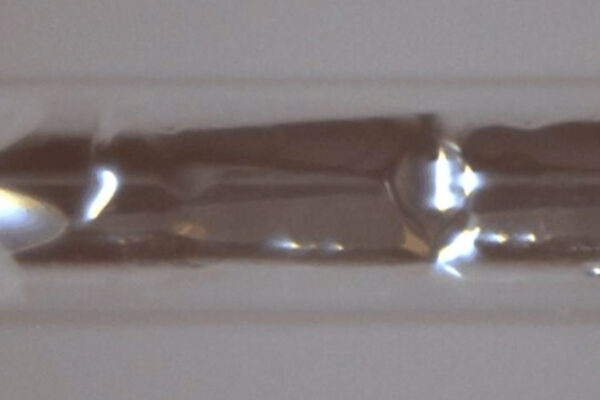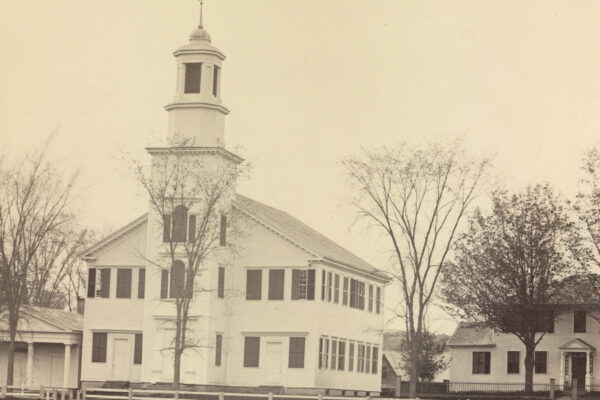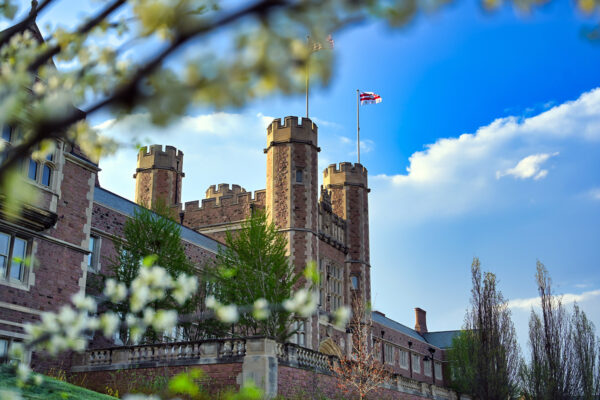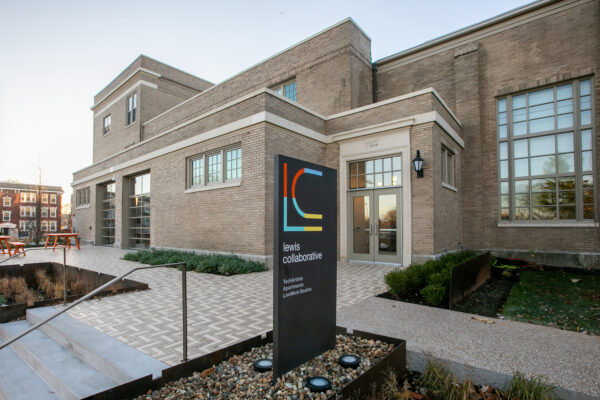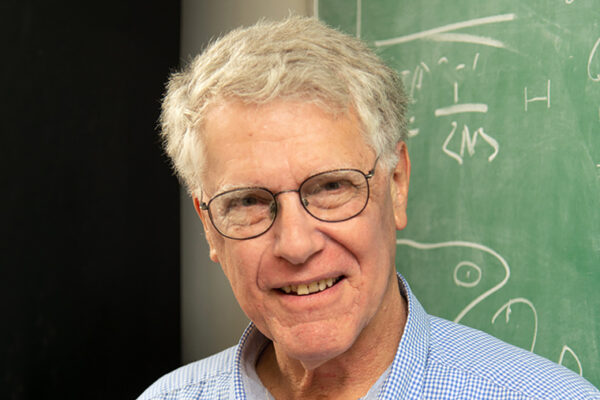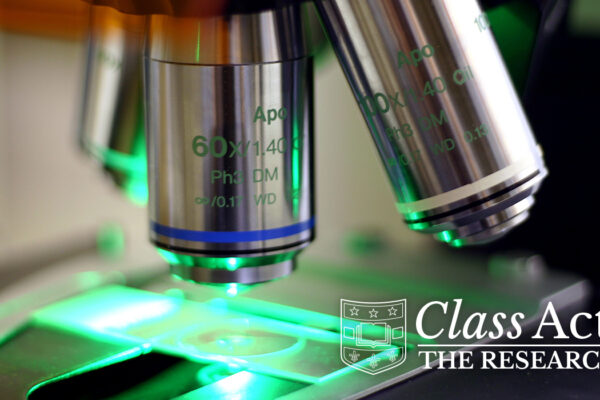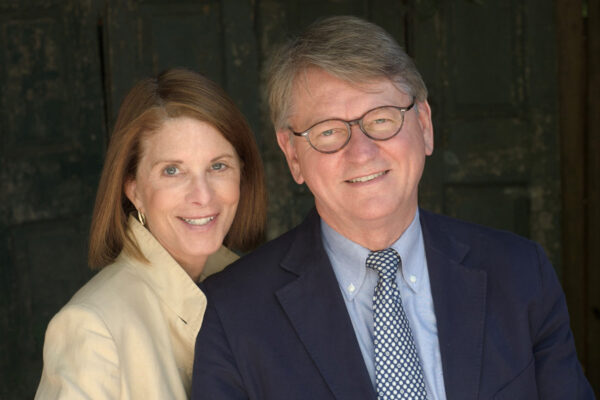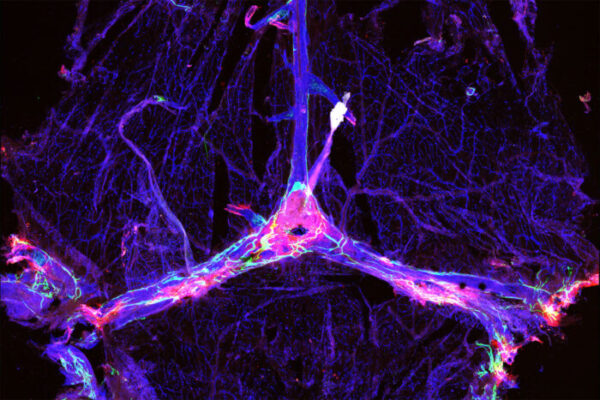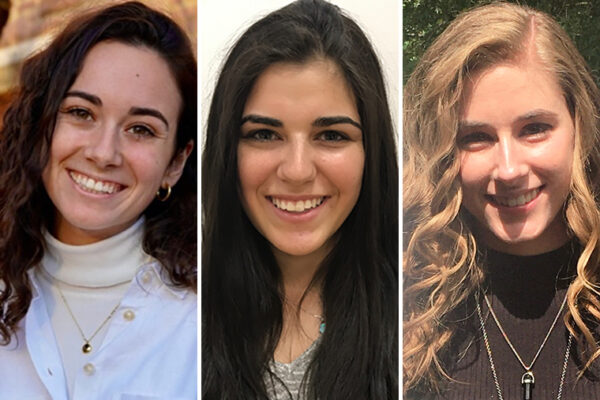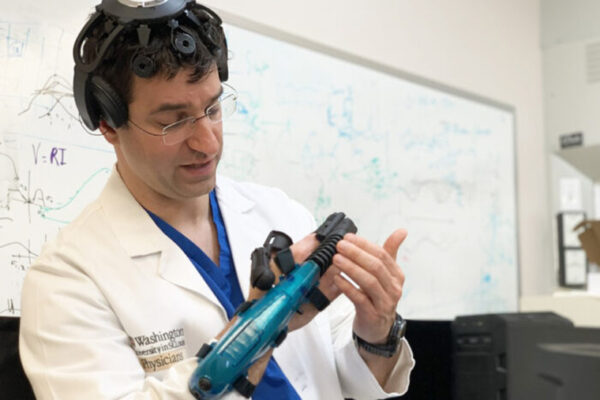Bai lab develops stable, efficient, anode-free sodium battery
The lab of Peng Bai has developed a stable, anode-free sodium ion battery that is highly efficient, will be less expensive and is significantly smaller than a traditional lithium ion battery.
Wealth, status could not shield 19th-century families from parasitic infection
New research conducted by Theresa Gildner, assistant professor of archaeology in Arts & Sciences, suggests that parasitic disease was likely widespread in New England during 19th century, even in remote rural areas and in wealthy households.
Public Safety Committee recommendations to be adopted, implemented
Washington University in St. Louis announced details of its plan to adopt recommendations made in a recent Public Safety Committee report.
Inside the Lewis Collaborative
The charge was ambitious. Conditions were complicated. The results have been transformative. Here’s how the Lewis Collaborative reinvented a century-old University City landmark.
Elson elected to National Academy of Sciences
Elliot Elson, of Washington University School of Medicine, has been elected to the National Academy of Sciences. Election to the academy is considered one of the highest honors that can be awarded to a U.S. scientist or engineer.
Class Acts: The Researchers
This week, Class Acts celebrates three leaders in research — Churchill Scholar Jessika Baral, Spencer T. Olin Fellow Chelsey Carter and U.S Army veteran Alex Reiter.
Dains gift establishes ‘transformational’ student success fund
Washington University in St. Louis alumnus and emeritus trustee John Dains has made an $8 million commitment to support an undergraduate student success fund at his alma mater, announced Chancellor Andrew D. Martin. It dramatically increases funding available to help students with financial need cover emergency and educational enrichment expenses.
Draining brain’s debris enhances Alzheimer’s therapies in mice
New research in mice has shown that some investigational Alzheimer’s therapies are more effective when paired with a treatment geared toward improving drainage of fluid and debris from the brain, according to a study led by researchers at Washington University School of Medicine.
Women’s Society presents leadership awards, honors Early
The Women’s Society of Washington University announced the winners of the Harriet K. Switzer Leadership Award and the Elizabeth Gray Danforth Scholarships during the group’s annual membership meeting April 20. The group honored Ida Early with a fund and a named event.
Stroke-recovery device using brain-computer interface receives FDA market authorization
A first-of-its kind device that helps people disabled by stroke regain significant control over their arm and hand function by using their minds has received market authorization from the Food and Drug Administration. The system developed by Neurolutions Inc., a WashU startup, relied on innovative multidisciplinary research at the university.
View More Stories
